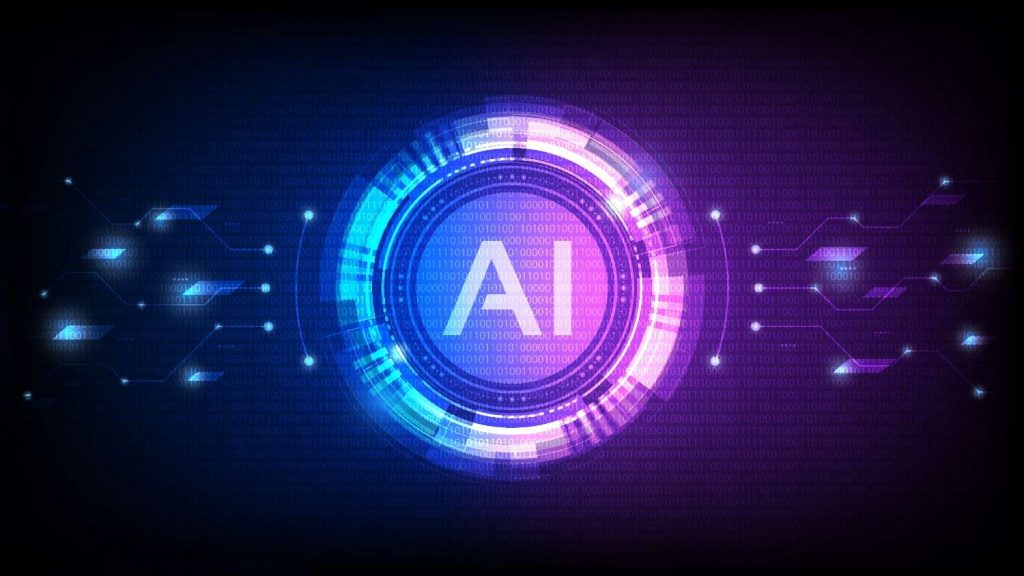
Artificial intelligence has come a long way and an entirely new generation of AI is now developing. With the capacity to learn and react like humans, the new era of AI is more intelligent and smarter than ever before. These clever machines can execute difficult tasks, make judgments, and even coming up with new ideas on their own. The potential applications of artificial intelligence (AI) are virtually endless because of the new developments in machine learning, natural language processing, and deep learning.
The new generation of AI is being powered by advanced algorithms, data analytics, and machine learning, which is enabling machines to learn from experience and improve their performance over time. In the past, AI was limited to performing simple tasks, such as playing bot games or solving mathematical problems. But today, AI can do much more complex tasks, such as recognizing speech, understanding natural language, and even driving cars. Perhaps the most exciting development in the new era of AI is the rise of deep learning. Deep learning is a subset of machine learning that uses artificial neural networks to simulate the way the human brain works.
One of the biggest drivers of this new era of AI is the growth of big data. With more data being generated than ever before, AI is becoming increasingly adept at processing and analyzing this information. This is particularly true in industries like banking, healthcare, and marketing where AI-enabled systems can swiftly sift through massive volumes of data to find trends and make predictions.
The new generation of AI is expected to have a significant impact on finance, transportation, and manufacturing industries. For instance, in finance, AI-powered systems can help prevent fraud and take calculative risks more effectively. Self-driving cars and trucks are another example of AI-revolution in automotive industry, making transportation safer and more efficient. In manufacturing, AI-powered robots and machines can help automate repetitive tasks, leading to increased productivity and reduced costs.
The new era of AI is expected to bring massive advancements in various fields. One of the most significant areas where AI is expected to make a significant impact is in the development of intelligent autonomous systems. These systems will be capable of making decisions on their own, without any human intervention. They will be able to learn from their past experiences and adapt to changing environments.
As AI continues to advance at a rapid pace, one field that has seen significant progress is the healthcare sector. AI-enabled systems are now capable of analyzing vast amounts of medical data, enabling doctors and healthcare professionals to diagnose diseases more accurately and develop more effective treatment plans.
As we have already witnessed human-like chatbots and virtual assistants which are used as customer service agents. Latest developments in this field have shown that chatbots have become more intelligent and making our interactions seem more comfortable and more natural.
Another emerging technology is natural language processing, which enables machines to understand and respond to human language. This has led to the development of virtual assistants like Siri, Alexa, and Google Assistant, which can perform tasks like setting reminders, making phone calls, and even ordering groceries. These AI-powered assistants can perform a range of tasks such as setting reminders, scheduling appointments, and even ordering groceries.
The future of AI is very promising and exciting. As technology continues to advance, AI will become more powerful and sophisticated, leading to a wide range of new applications and possibilities in fields like medicine, education, finance, and more.
AI-powered assistants like chatgpt will become even more intelligent and capable of understanding human language and context, making it easier for people to get the information and help they need. Overall, the future of AI is all about making our lives easier, more efficient, and more enjoyable.
As we move toward this new era of artificial intelligence, it is important to ensure that these technologies are developed ethically and responsibly, with careful consideration given to potential social and economic impacts. Furthermore, the new era of AI is also expected to address some of the ethical concerns around AI, such as bias, privacy, and security. With the development of more transparent and explainable AI systems, we can ensure that AI is used for the greater good and doesn’t cause any harm to society. With the right approach, the next generation of AI has the potential to transform society for the better.
In short, the next generation of AI will bring unprecedented advancements in various fields, leading to improved efficiency, accuracy, and productivity. These advancements will transform our lives and revolutionize the way we interact with technology.